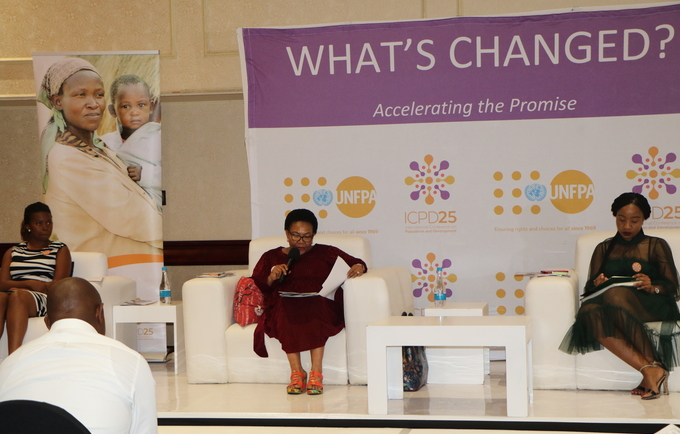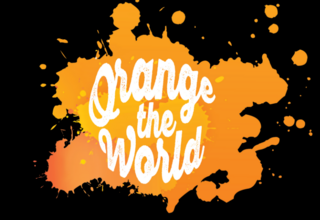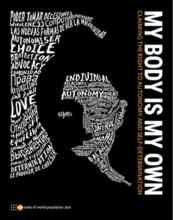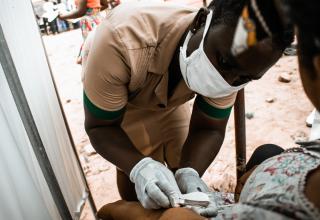One in three women in Botswana have experienced some form of gender based violence (GBV) by an intimate partner. These experiences by women and girls remain high despite the government’s commitment to preventing GBV and sexual GBV. To commemorate World Population Day, UNFPA convened non-governmental organisations to dialogue on What’s Changed: sexual gender based violence in Botswana? on 5 August in Gaborone.
Paving the road to the Nairobi Summit in commemoration of the 25th year of ICPD, the What’s Changed panel discussion fostered an inclusive, broad-based consultative process for NGOs to contribute to the national commitments on the ICPD by reflecting on the successes, challenges and gaps that remain in the implementation of the ICPD with a focus on sexual gender based violence.
What’s Changed? Conversation
An estimated 5.4% of women have experienced sexual violence in intimate relationship while an estimated 4.7% of women reported experiencing non-partner rape. The panelists underscored the progress Botswana has made towards ending GBV and sGBV while also highlighting the necessary next steps needed to ensure that all women and girls are protected from all forms of violence.
The six guests were Lorato Moalusi, Chief Executive Officer of Botswana Gender Based Violence Prevention and Support Centre; Desmond Lunga, Director of Men and Boys for Gender Equality; Malebogo Molefhe, Project Officer at Alight Botswana and GBV and Disability Rights Activist; Ms Lydia Mafhoko-Ditsa, Officer in Charge of UNWomen Botswana; Lesego Nchunga Managing Partner of Nchunga and Associates and One Keatile.
Ms. Lorato Moalusi, the Chief Executive Officer of Botswana Gender Based Violence Prevention and Support Centre indicated that the cycle of violence in Botswana was perpetuated by a culture of protecting perpetrators because of their role in society and as breadwinners within families, where a lot of GBV occurs. She further highlighted that in many cases young girls are taught to lie when abused, and impoverished families are coerced into accepting payments in order that cases of sexual violence go unreported.
Highlighting the issue of corporal punishment and how it fosters a culture of violence, Mr Desmond Lunga who is the Director of Men and Boys for Gender Equality iterated the contributory role of cultural attitudes and practices in perpetuating GBV. Furthermore, he emphasized the need for partnerships to foster long-term, sustainable programmes to address these deep rooted social behaviours.
Ms. Malebogo Molefhe, Project Officer at Alight Botswana who was left confined to a wheelchair after being shot by an intimate partner engaged the audience on the fact as women who have a disability, they are faced with a double vulnerability, hence there is a need for greater inclusion of women and girls with disabilities in conversations on GBV. Through her organisation, Ms Molefhe indicated that they offer training to other NGOs on the intersections of disability and violence and programming for people with disabilities.
Ms. One Keakile shared her personal experience with sexual gender based violence and her motivation to share her experience as a means to not only overcome her traumatic experience, but to also raise awareness on the epidemic of GBV and sGBV..
Given the magnitude of GBV and sGBV in particular in the country, Botswana should harness the momentum that comes with global movements like the #MeToo to translate them into meaningful action on the ground such as policies, robust community dialogues and discussions with traditional leadership - Ms. Lydia Mafhoko-Ditsa, Officer in Charge of UNWomen Botswana.
In the national response towards sGBV, legal literacy by both legal practitioners and the general public is imperative to guard against deviations from laws and policies. This was said by Ms. Lesego Nchunga, a Managing Partner of Nchunga and Associates who cited as an example the granting of bail to rape suspects which is in contradiction of the laws of Botswana. Ms. Nchunga also reaffirmed the need to engage traditional leaders on laws and policies, indicating that this would assist them to respond appropriately and adequately towards addressing GBV in all its forms in their communities.
The NGOs recommitted to ending sexual gender based violence. Some of the recommendations included: develop sustained gender transformative programmes, implement robust community engagement and conversations on responding to negative gender norms, and the revision of policies and programmes to be inclusive, particularly for people with disability will be shared with government officials for consideration as they develop Botswana’s national commitments on ICPD25.




